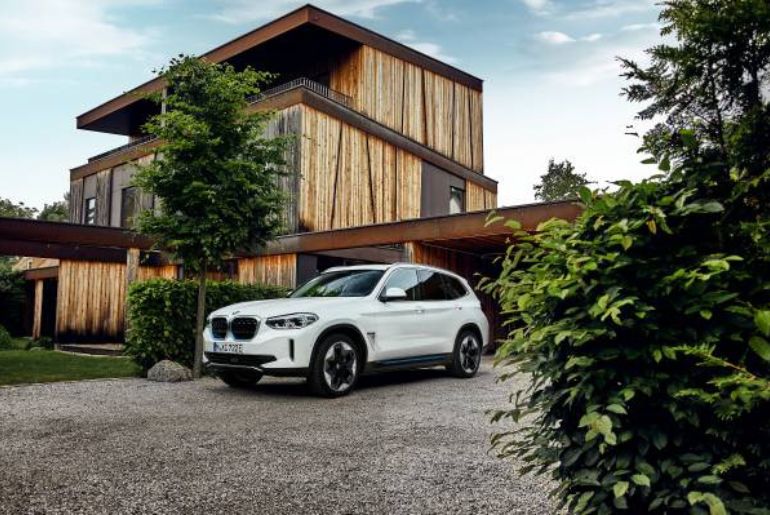The BMW Group has taken a significant step in advancing sustainable mobility with the launch of a demonstration fleet powered by HVO100, a renewable diesel fuel derived from hydrotreated vegetable oils. Unveiled at the Fleet Europe Days in Luxembourg, this initiative highlights BMW’s multi-path approach to decarbonisation, combining electrification with renewable fuel strategies to reduce CO₂ emissions across all powertrain technologies.
Demonstration Fleet Showcases Renewable Diesel Capabilities
The new HVO100 demo fleet allows fleet operators to test and validate that BMW diesel vehicles can run entirely on renewable diesel. By synchronising vehicle refuelling data with fleet payment records, BMW ensures full traceability, enabling operators to verify “HVO100-only” usage across their fleets. This traceable approach is a key step toward establishing sustainable, low-carbon fleet operations.
Dr Martin Kaufmann, Head of Powertrain Development at BMW Group, emphasised the pragmatic nature of the strategy:
“Our goal is always to put more environmentally friendly and efficient vehicles on the road. Diesel replacement fuels like HVO100 help reduce fleet CO₂ footprints today, complementing our broader electrification efforts.”
Since January 2025, all BMW diesel models produced in Germany are fuelled with 100% HVO100 renewable diesel prior to delivery. Supplied by Finnish manufacturer Neste under the brand Neste MY Renewable Diesel™, this fuel can cut lifecycle CO₂ emissions by up to 90% compared to conventional fossil diesel.
Multi-Path Strategy for Fleet Decarbonisation
BMW emphasises that its commitment to sustainability is technologically inclusive. While HVO100 supports existing combustion engine fleets—particularly for long-distance and heavy-duty applications—the company continues to advance its battery-electric vehicles (BEVs), plug-in hybrids, and hydrogen fuel cell technologies. This multi-path approach allows BMW to deliver immediate CO₂ reductions while accelerating the transition to zero-emission mobility.
Bernhard Kuhnt, Head of Sales Region Europe, added:
“Fleet customers remain essential to our business. Renewable fuels like HVO100 provide an immediate method to reduce emissions while we expand our electric mobility offerings.”
Fleet Adoption and Real-World Data
BMW has already signed agreements with major fleet operators in Germany and Italy, integrating HVO100 into their operations. Alongside BMW’s internal fleet, these vehicles are collecting real-world performance data to evaluate efficiency, reliability, and environmental impact.
Dr Thomas Becker, Head of Policy, External Relations, and Sustainability, called for supportive regulation:
“Every CO₂-reducing measure across a vehicle’s life cycle should count. Renewable fuels need formal recognition within EU fleet legislation to accelerate adoption and innovation.”
Complementing Electrification with Renewable Fuels
The HVO100 initiative forms part of BMW’s broader decarbonisation roadmap, which also includes the rollout of sixth-generation eDrive electric technology for the Neue Klasse from 2025 onwards. This next-generation platform features 800V fast-charging capabilities and advanced battery systems, ensuring long-term progress toward zero-emission mobility.
By combining renewable fuel adoption with an expanding EV portfolio, BMW reinforces its multi-path sustainability strategy, offering fleet customers both immediate emissions reductions and future-proof electric solutions.

